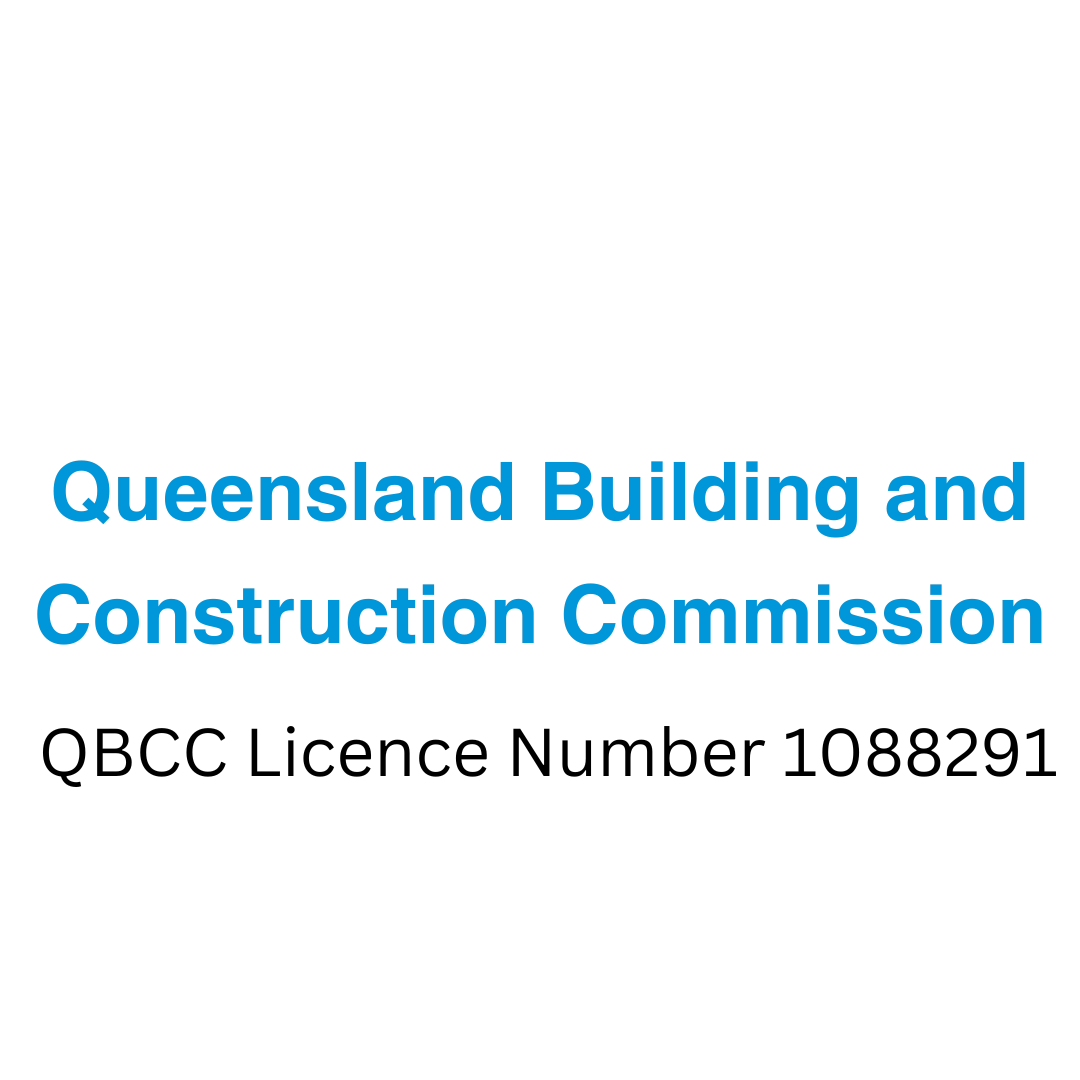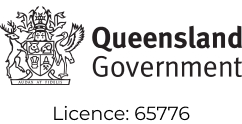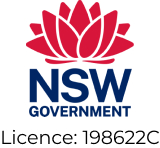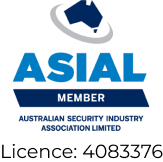QLD Smoke Alarm Legislation
What’s changed and how it affects your home
In Queensland, smoke alarm requirements for residential properties, including rentals, are regulated to ensure the safety of occupants. As of January 1, 2022, the Queensland Government introduced new legislation, making it mandatory for all homes to have interconnected photoelectric smoke alarms in all bedrooms, hallways that connect bedrooms, and on every level of the residence.
Upgrades to exisiting or the installlation of new hardwired smoke alarm systems must be carried out by a licenced electrician.
{% include_form ‘default_form’ custom_layout: “form/cta_form” %}
Here are the key requirements for smoke alarms in Queensland residential properties and rentals:
1. Interconnected Photoelectric Smoke alarms: The smoke alarms must be interconnected, meaning if one alarm detects smoke, all alarms in the property will sound. This ensures that occupants throughout the home are alerted to potential fire hazards.
2. Location: Smoke alarms must be installed in all bedrooms, in hallways that connect bedrooms, and on each level of the home. This includes both primary residences and rental properties.
3. Hardwired or 10-Year Lithium Battery: Smoke alarms can be hardwired into the home’s electrical system or powered by a 10-year lithium battery. Hardwired alarms must be installed by a licensed
electrician .
4. Compliance Deadline: The legislation has phased deadlines for compliance based on the type of property and its age. All existing homes and rental properties must comply with the new smoke alarm laws by January 1, 2027.
5. Maintenance and Testing: Landlords are responsible for ensuring that smoke alarms are installed, properly maintained, and in good working condition at all times. This includes testing the alarms annually and replacing batteries as needed.
6. Minimum Standards: Smoke alarms must meet the Australian Standard (AS) 3786-2014 requirements. It’s essential to use approved smoke alarms that comply with these standards to ensure effectiveness in detecting smoke and fire.
7. Occupant Responsibilities: While landlords are responsible for installing and maintaining smoke alarms, tenants are required to test the alarms regularly to ensure they are in working order. Tenants should report any issues with smoke alarms to the landlord or property manager promptly.
It’s crucial for homeowners and landlords to familiarise themselves with the specific requirements outlined in the Queensland legislation to ensure compliance and, most importantly, the safety of occupants. Failure to comply with smoke alarm laws can result in penalties and, more importantly, put lives at risk in the event of a fire.
More information
For more information on updating the smoke alarms in your property contact our electrical team on
1300 054 488 or complete our booking request form today.








